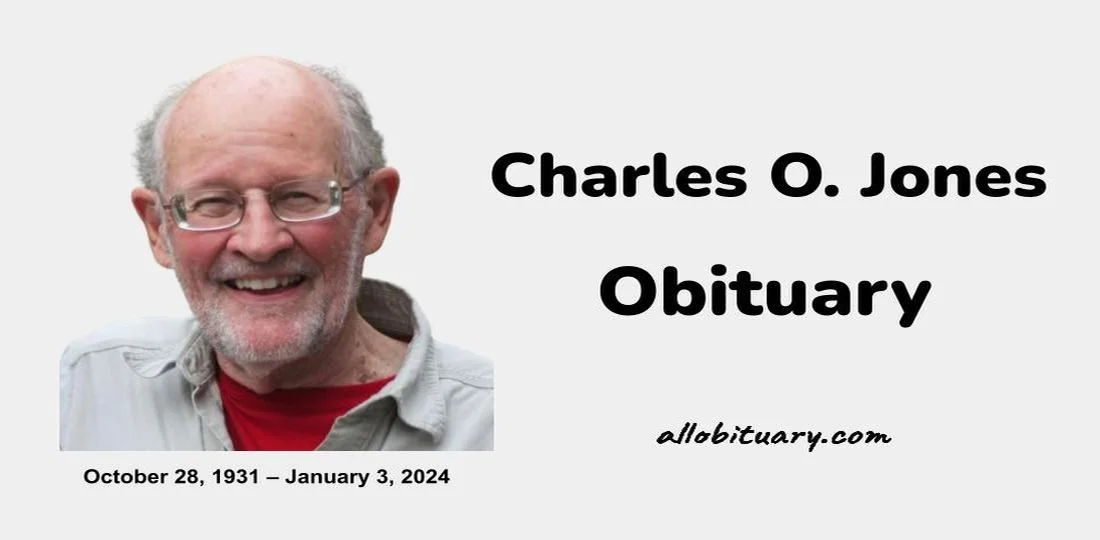Charles O. Jones, a distinguished figure in American political science celebrated for his keen insights into Congress and the presidency, passed away on January 3 at a hospice center in Fishersville, Va. He was 92.
Who was Charles O. Jones
Dr. Jones, an emeritus professor at the University of Wisconsin in Madison, dedicated decades to unraveling the complexities of the American democratic process. His focus spanned understanding citizen voting patterns, examining the exercise (or lack thereof) of political power by officials, and exploring the dynamics between branches of government.
Name
Charles O. Jones, also known as Dr. Jones.
Age and Date of Birth
Born in Worthing, South Dakota, United States, in 1931.
Place of Birth and Place of Residence
Charles Oscar Jones hailed from Worthing, S.D., near the Iowa border.
Date of Death
He passed away on January 3, 2024, at the age of 92, at a hospice center in Fishersville, Va.
Death Cause
Complications from a stroke, according to his son Daniel Jones.
Family (Parents and Siblings)
Born on October 28, 1931, in rural Iowa as one of six children to a Congregationalist minister father and a homemaker mother. Dr. Jones experienced hardship, leaving home at 12 due to physical abuse. Survivors include his wife of 64 years, Vera Mire of Wintergreen, Va.; two sons, Joe B. Jones of Rapid City, S.D., and Daniel Jones of New York City and Accord, N.Y.; two brothers; a sister; and three grandchildren.
Education
Dr. Jones earned a bachelor’s degree in political science from the University of South Dakota in 1953. Following military service, he pursued further studies at the University of Wisconsin, obtaining a master’s degree in 1956 and a Ph.D. in 1960.
Career and Accomplishments
A notable scholar of both Congress and the presidency, Dr. Jones authored significant works such as “The Presidency in a Separated System” (1994) and “Separate but Equal Branches: Congress and the Presidency” (1995). His analyses extended to the White House tenures of Jimmy Carter, Ronald Reagan, and Bill Clinton.
Beyond academia, reporters sought Dr. Jones for his insights on current events and historical context. He reflected on the lasting impact of the Watergate scandal, noting its role in dispelling the belief that such a crisis was unimaginable in the White House.
In a self-published memoir, Dr. Jones recounted a challenging journey, escaping home at a young age and finding solace with his paternal grandparents in Canton, S.D.
His teaching career spanned institutions like Wellesley College, the University of Arizona, the University of Pittsburgh, and the University of Virginia. Dr. Jones chaired the political science department at the University of Wisconsin, achieving emeritus status in 1997.
A sought-after expert, Dr. Jones contributed to the Brookings Institution and the presidential oral history program at the Miller Center.
Legacy
Regarded as one of the premier scholars of his generation, Dr. Jones served as president of the American Political Science Association and editor of the American Political Science Review. Known for his inclusivity, he welcomed and supported younger scholars.
In the political realm, Dr. Jones, a Republican, demonstrated a nuanced understanding of the minority party’s role during the four-decade Democratic majority in the U.S. House of Representatives.
His legacy endures through his careful, reasoned, and insightful contributions to political science, leaving a lasting impact on academia and journalism alike.
